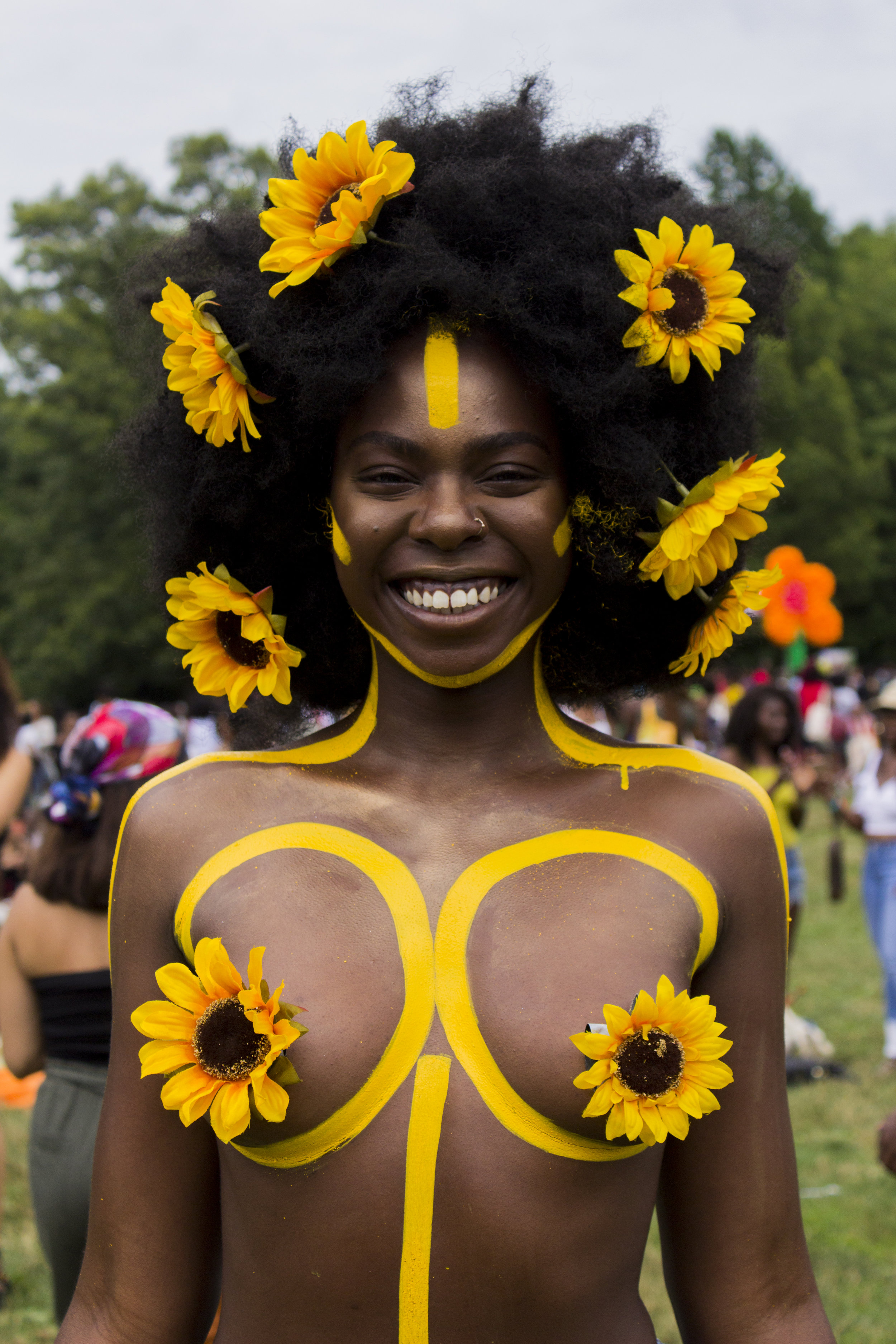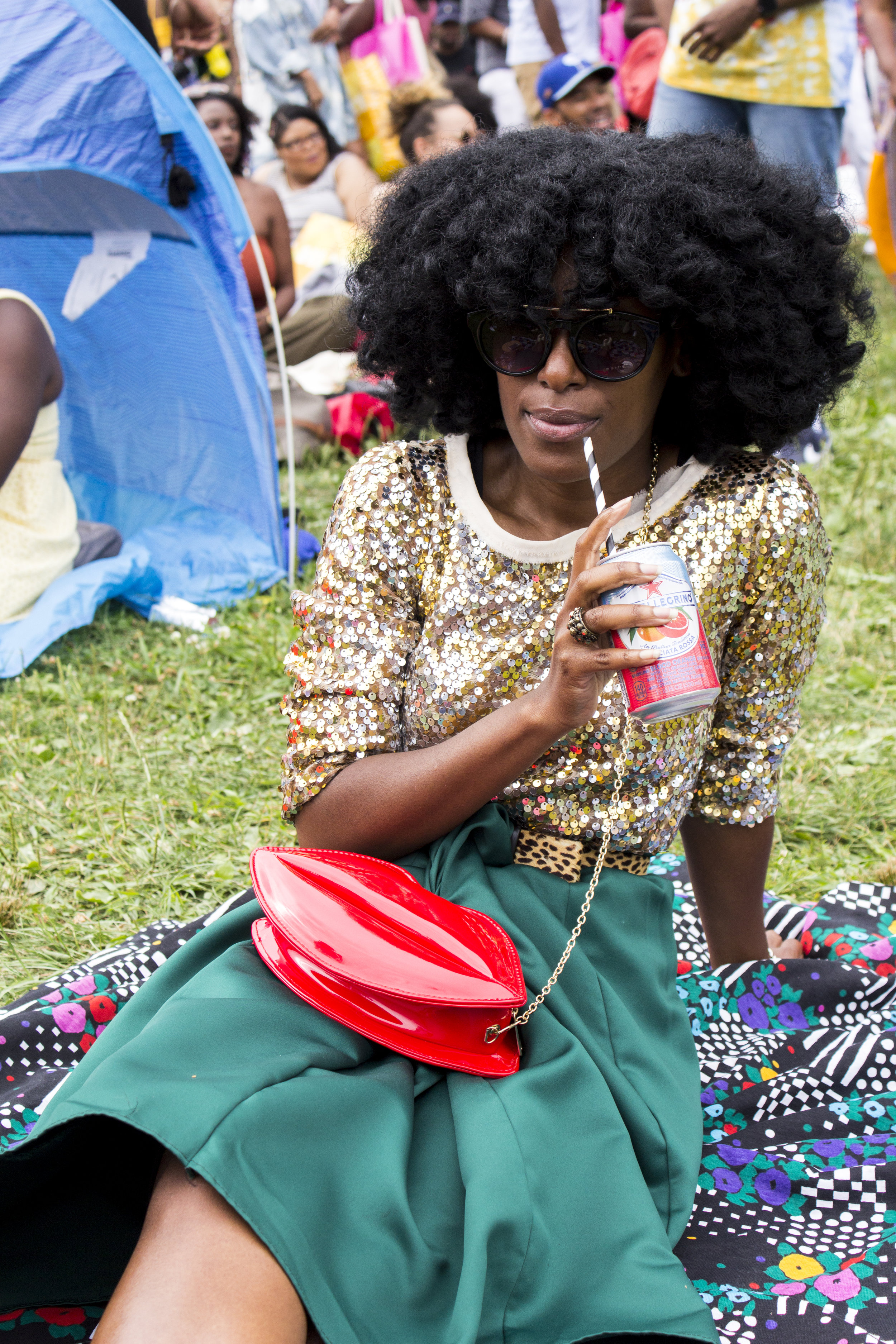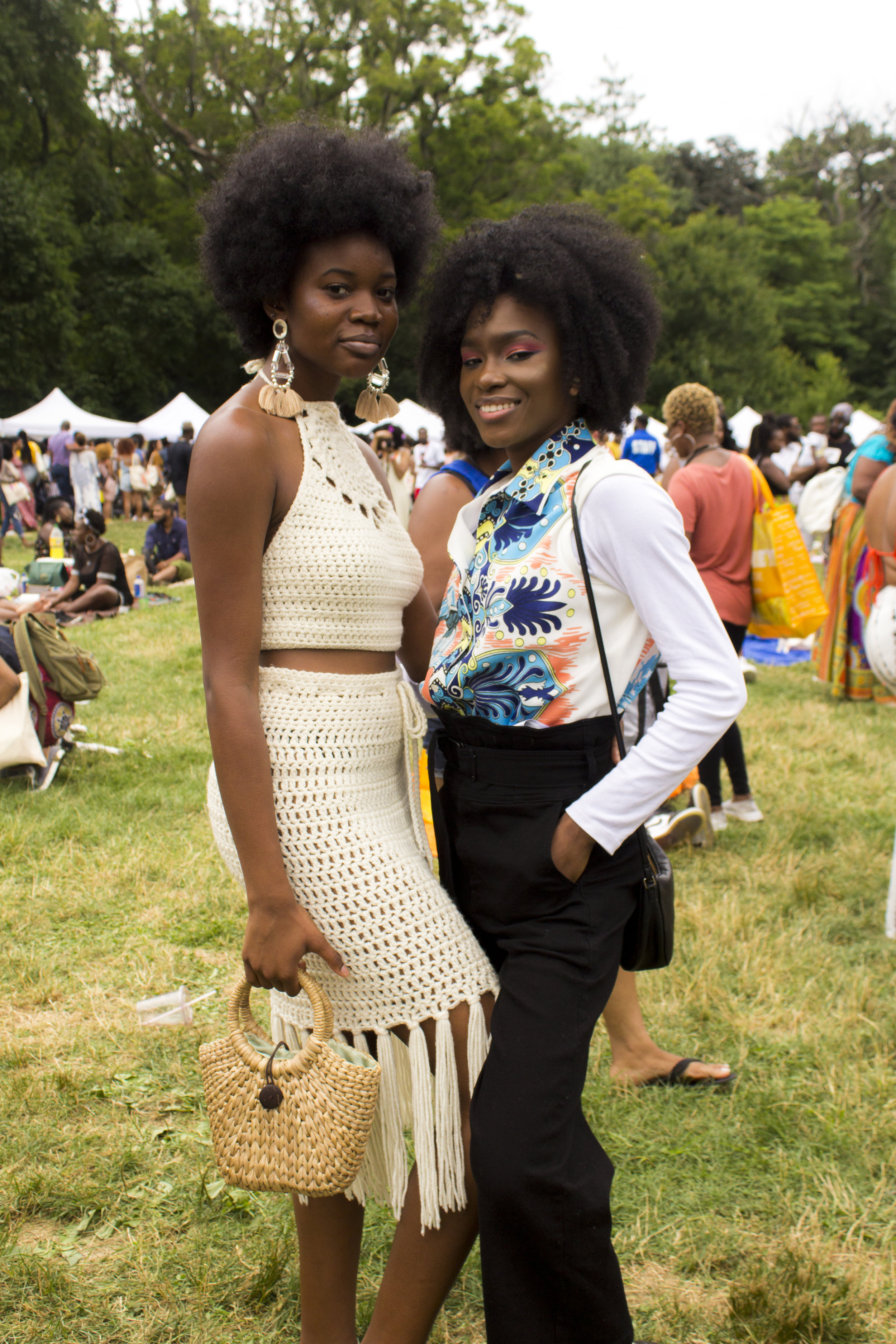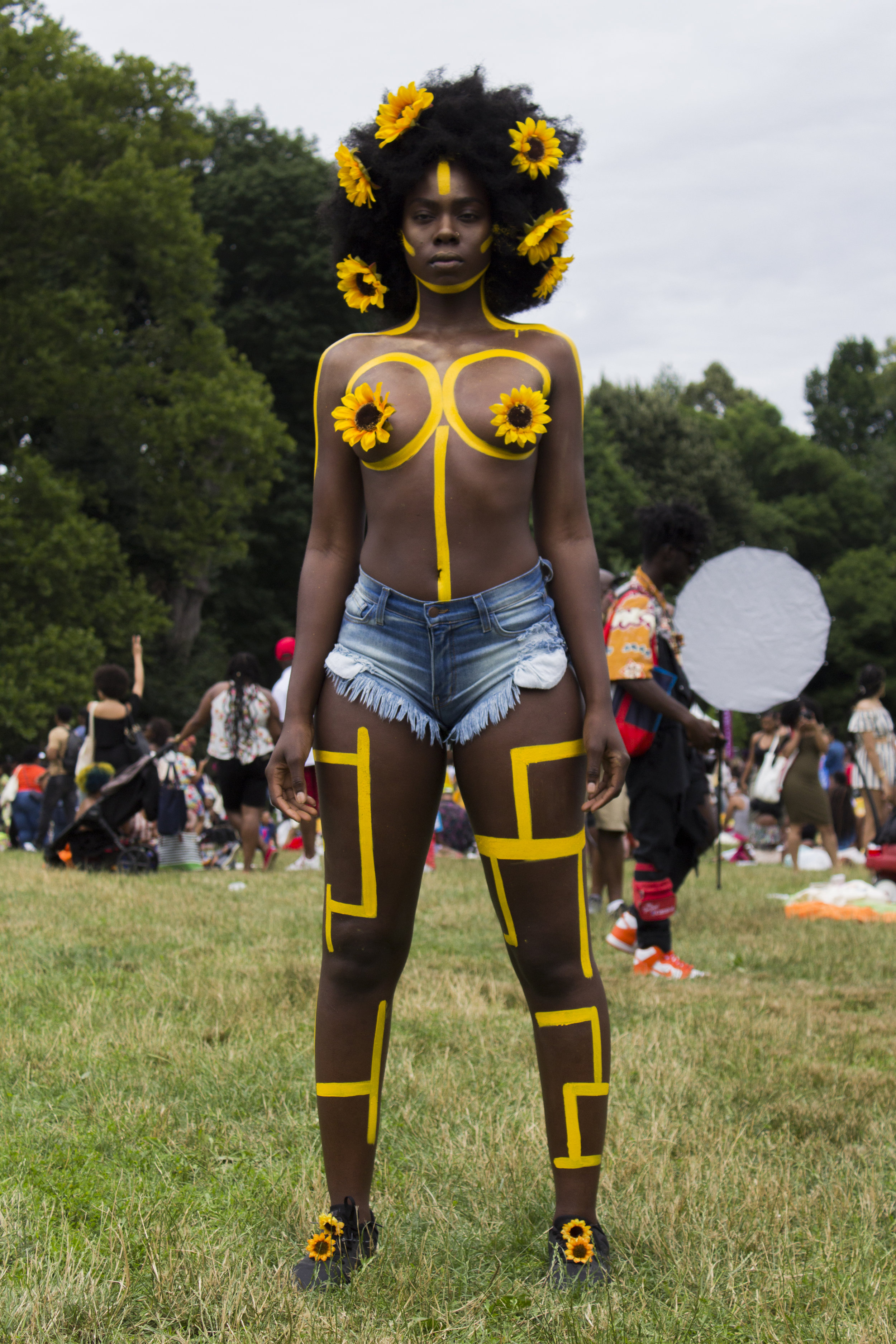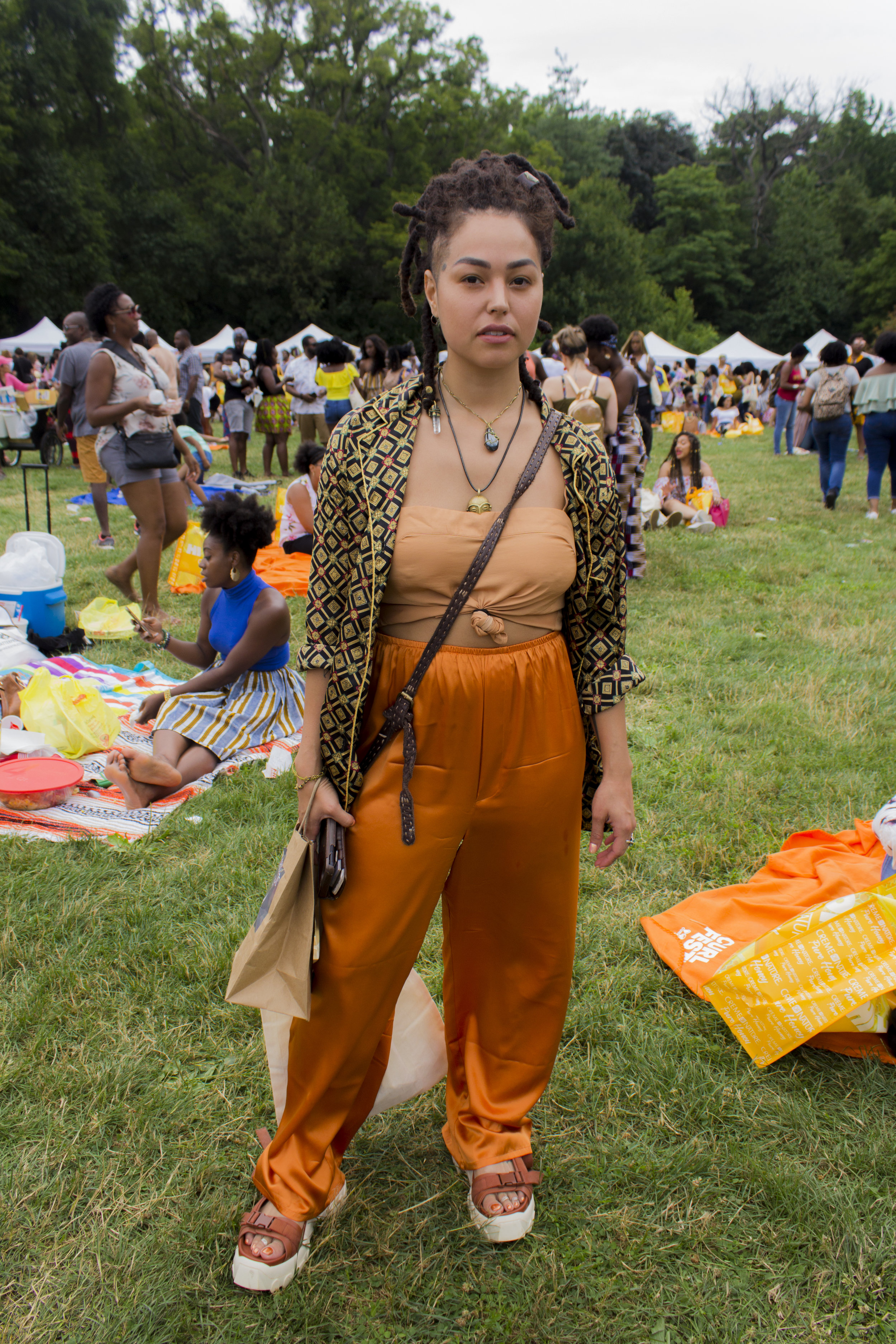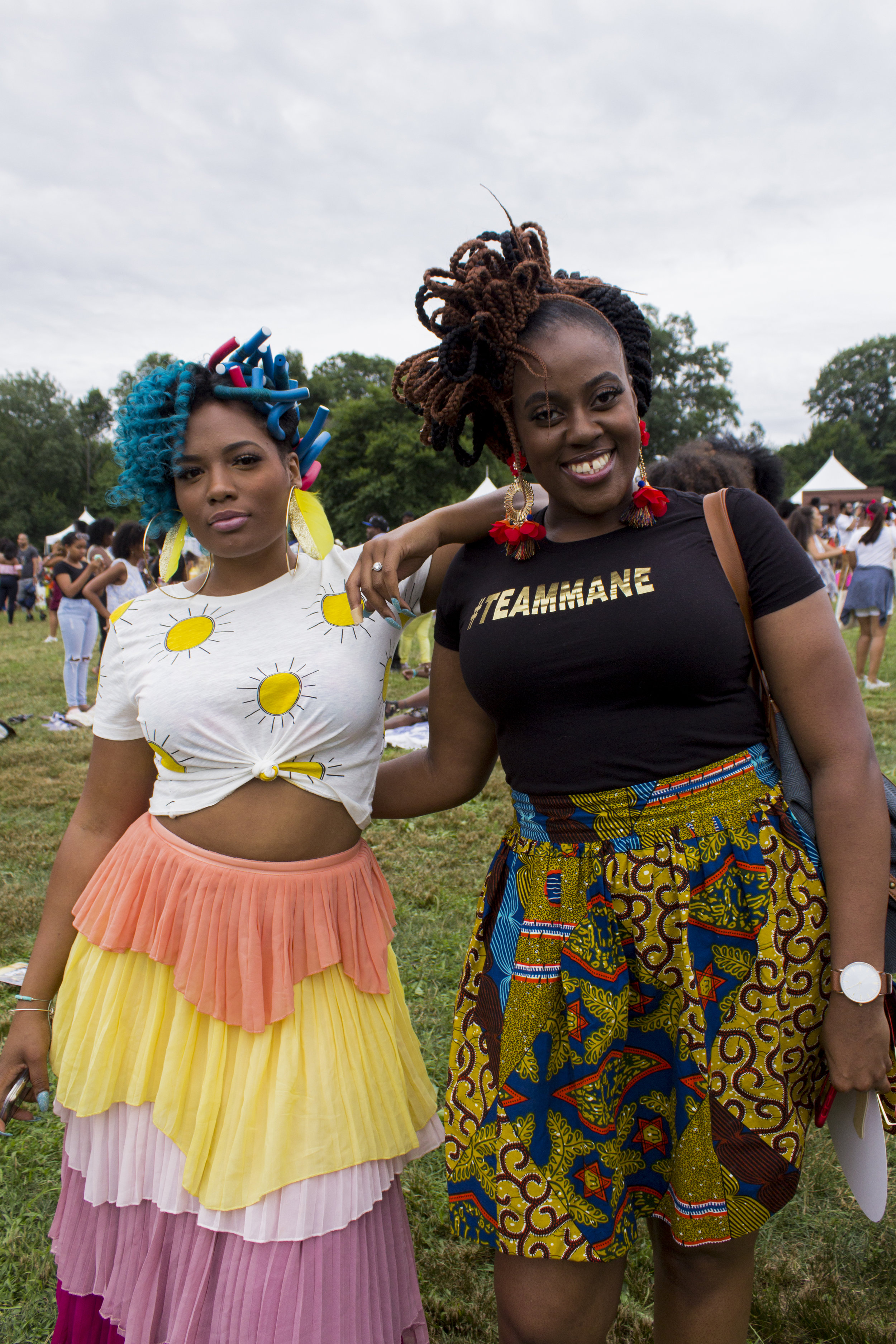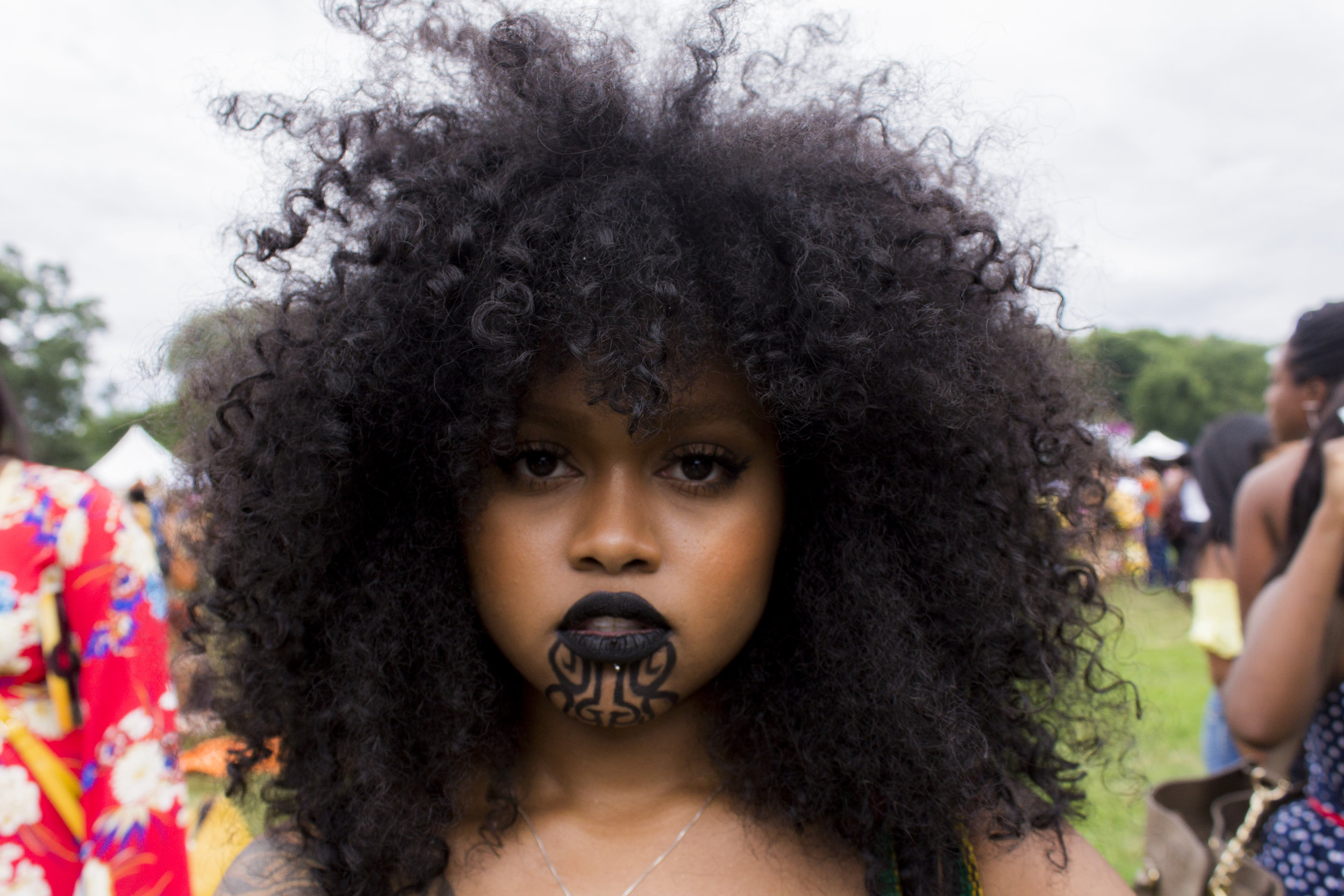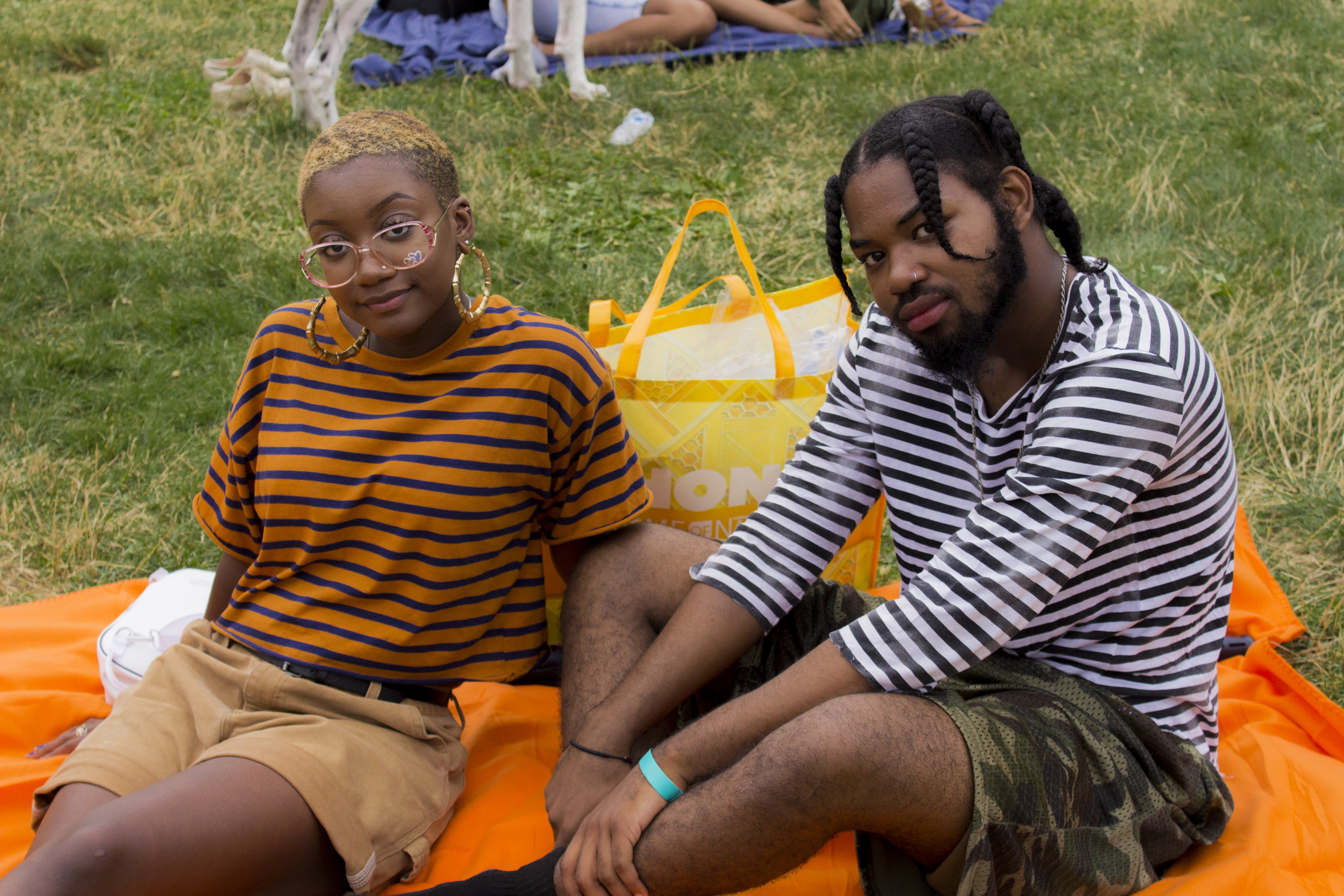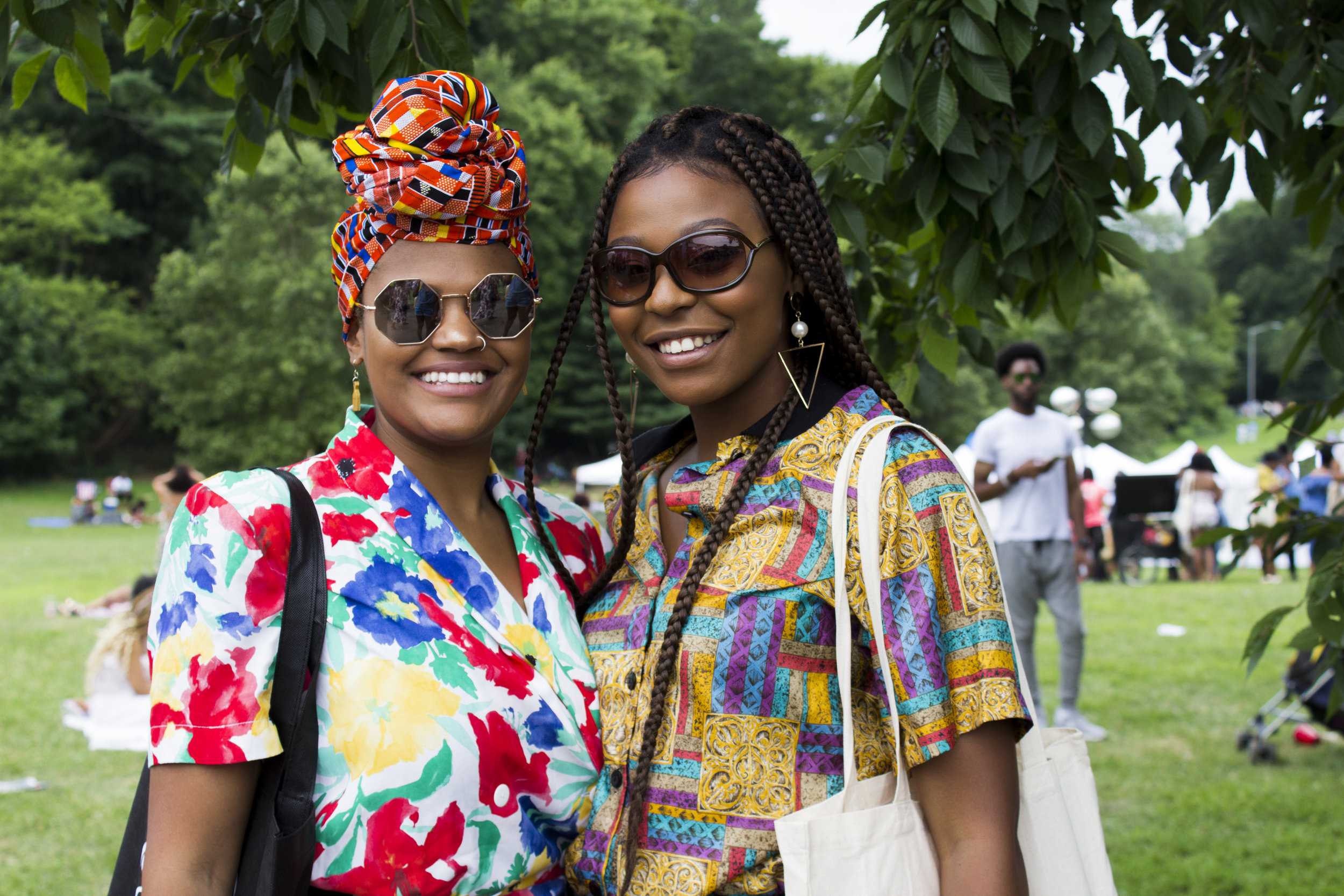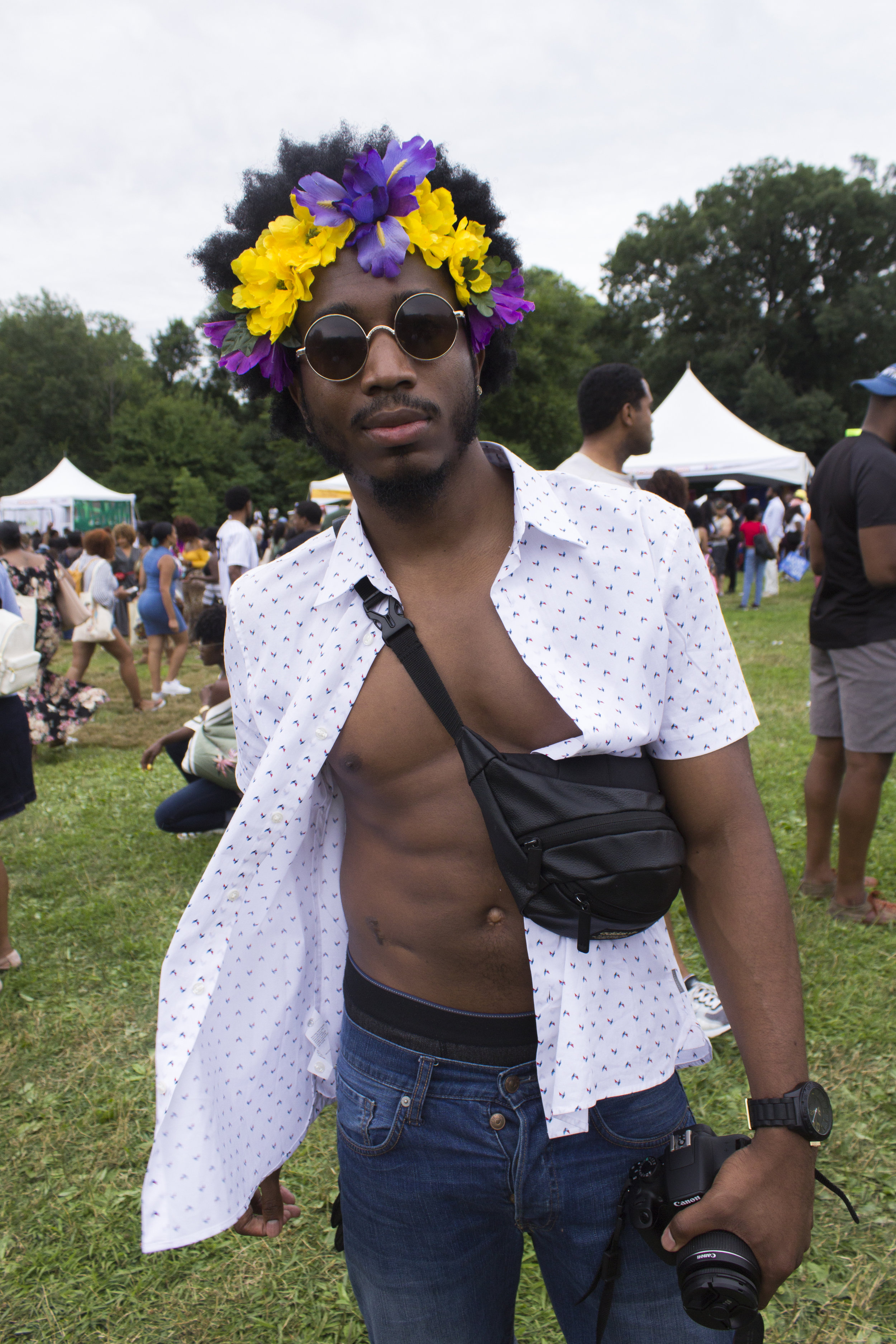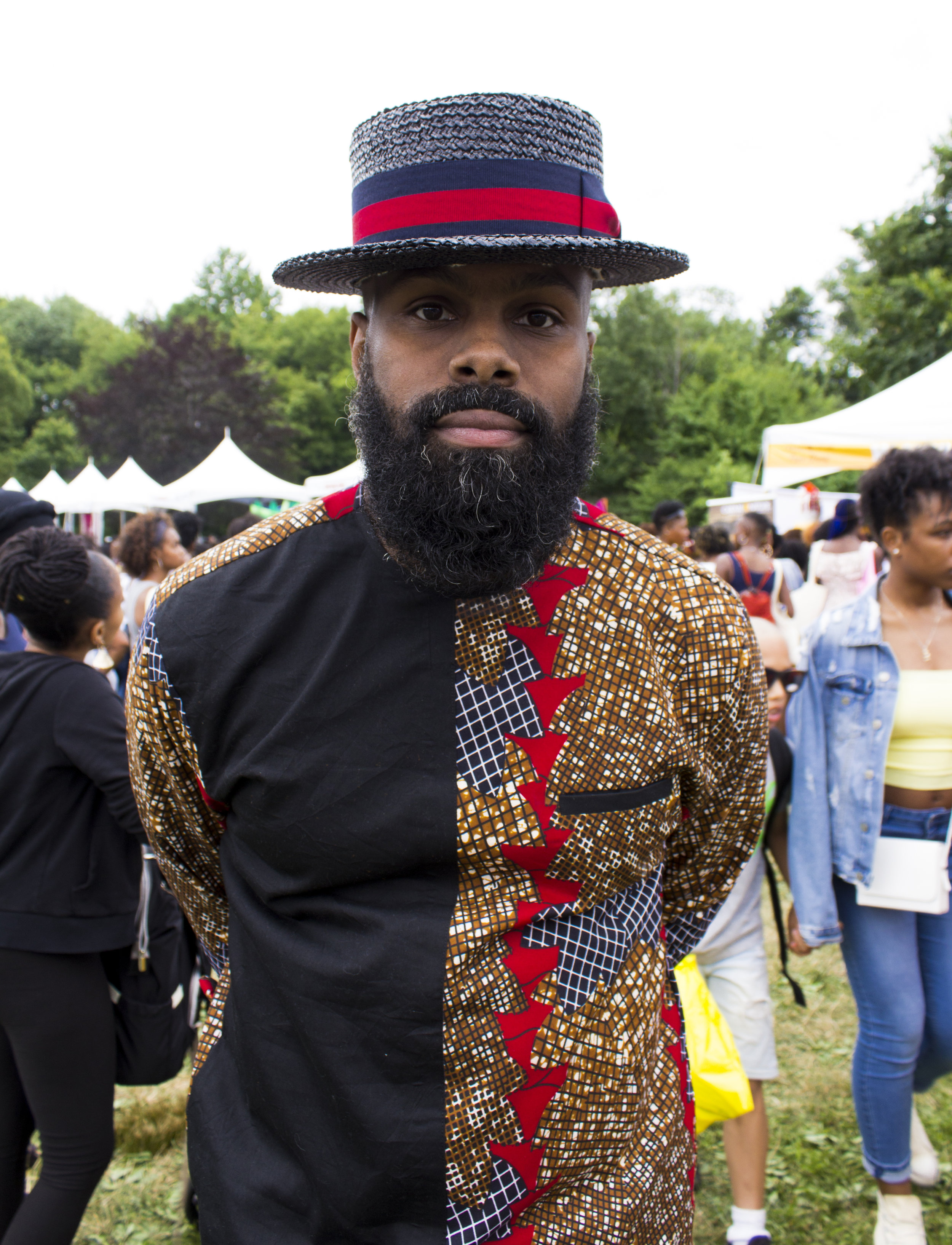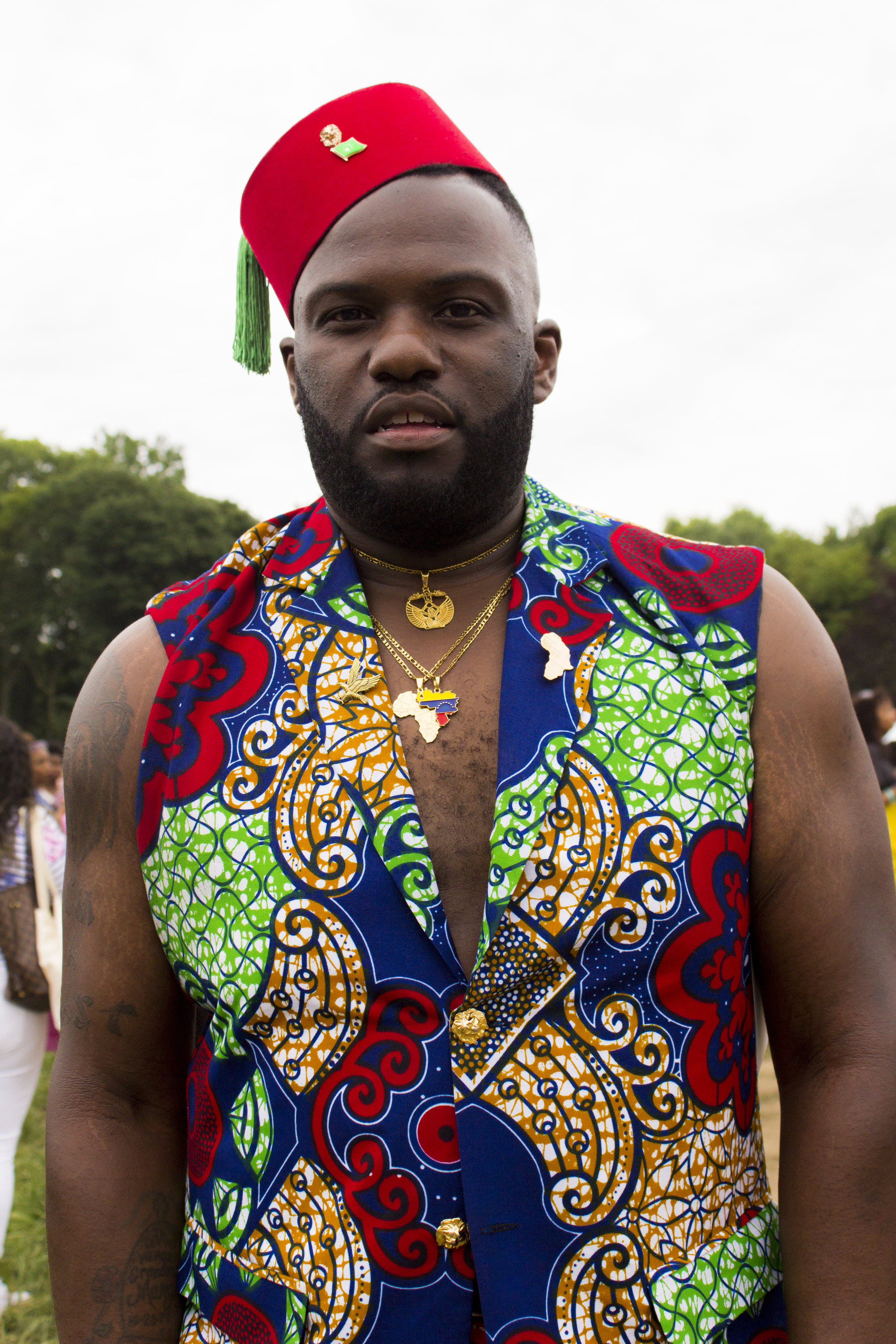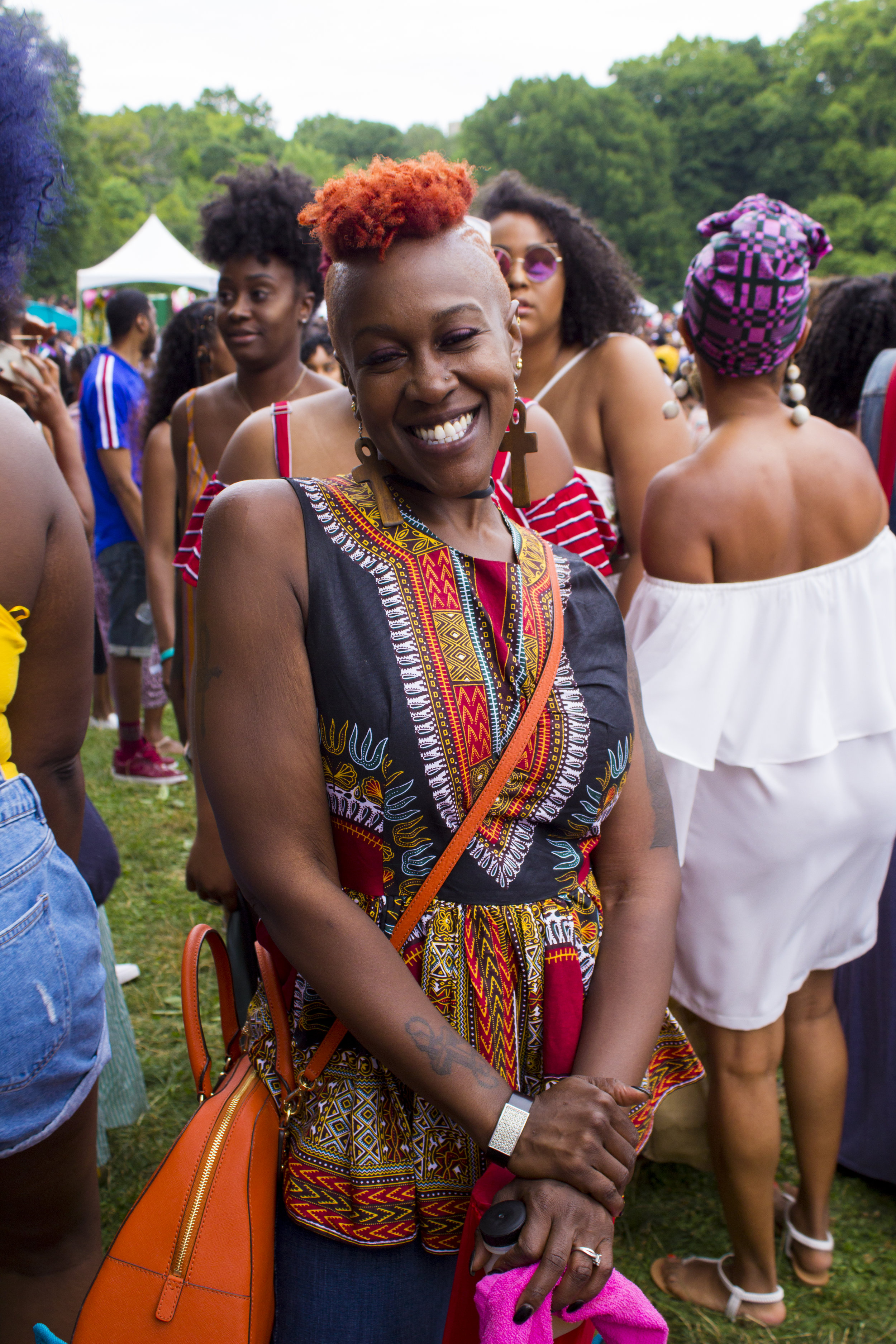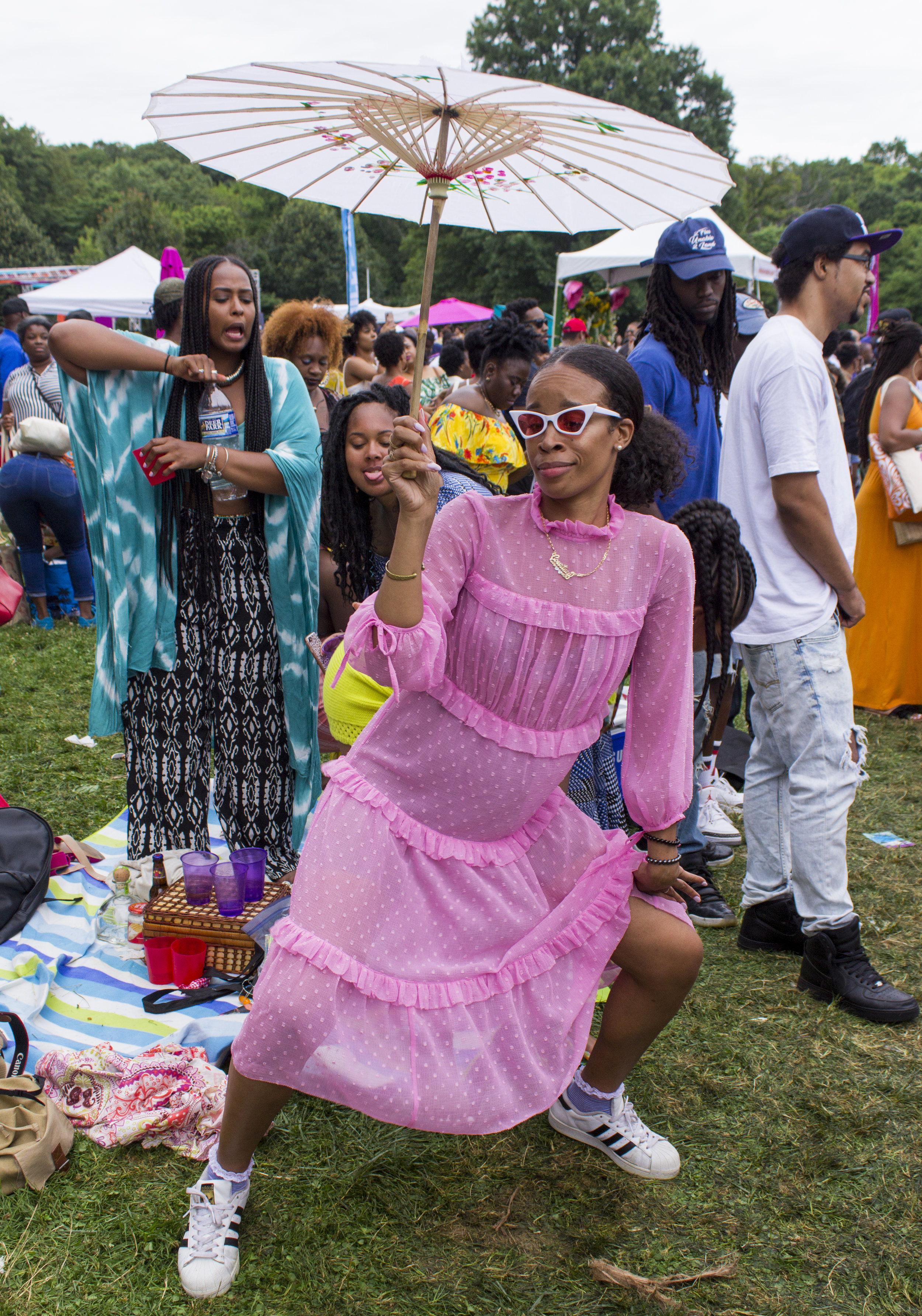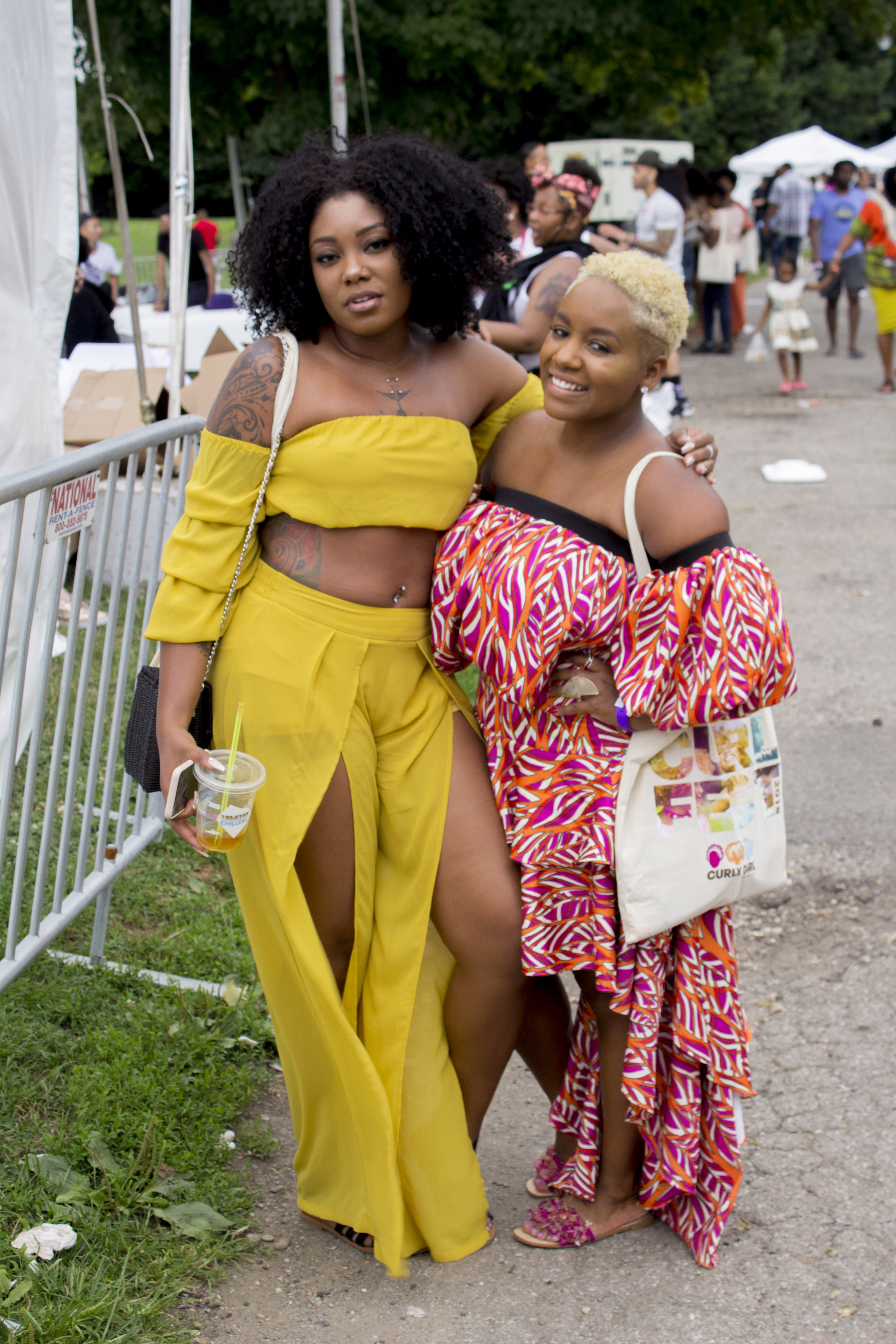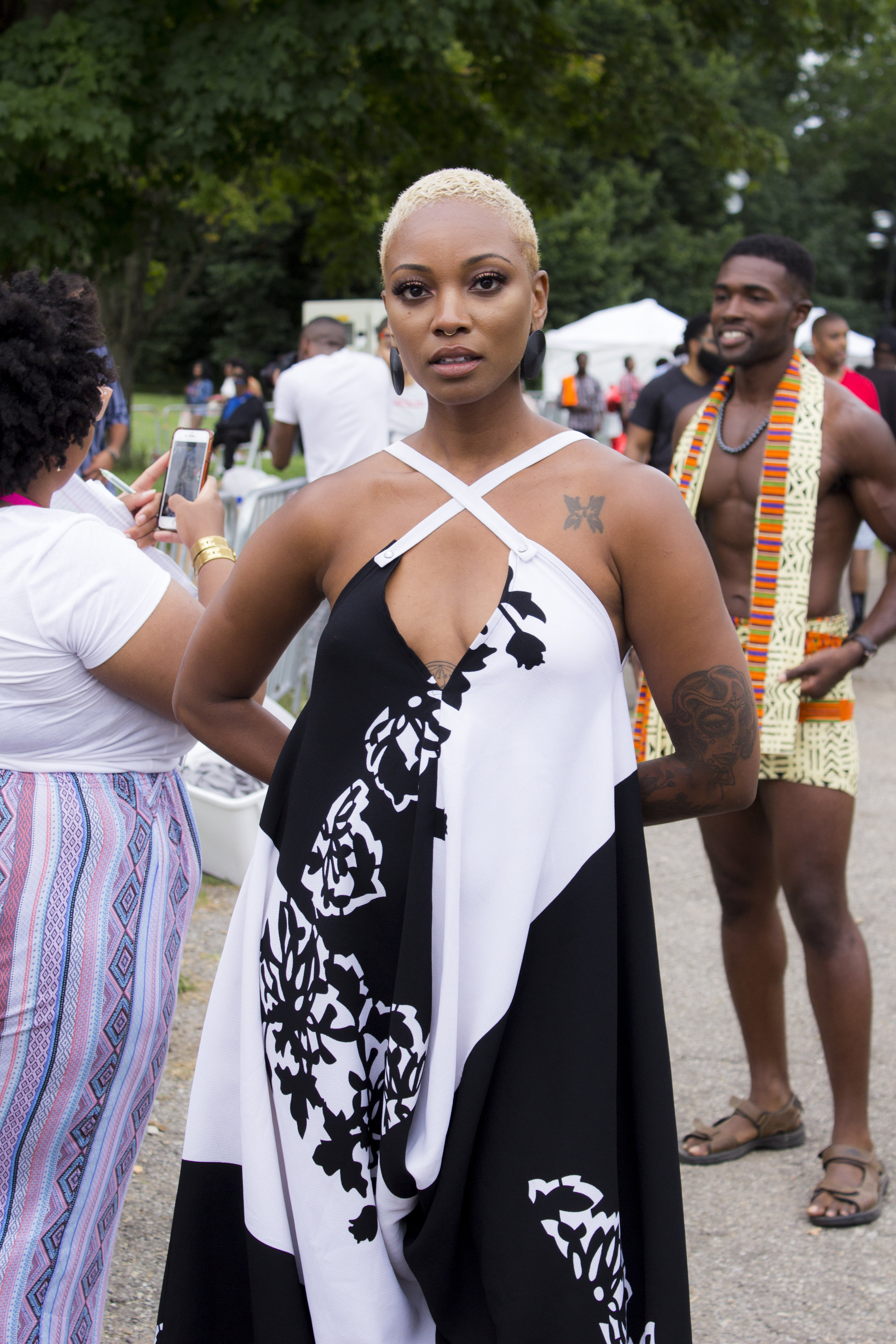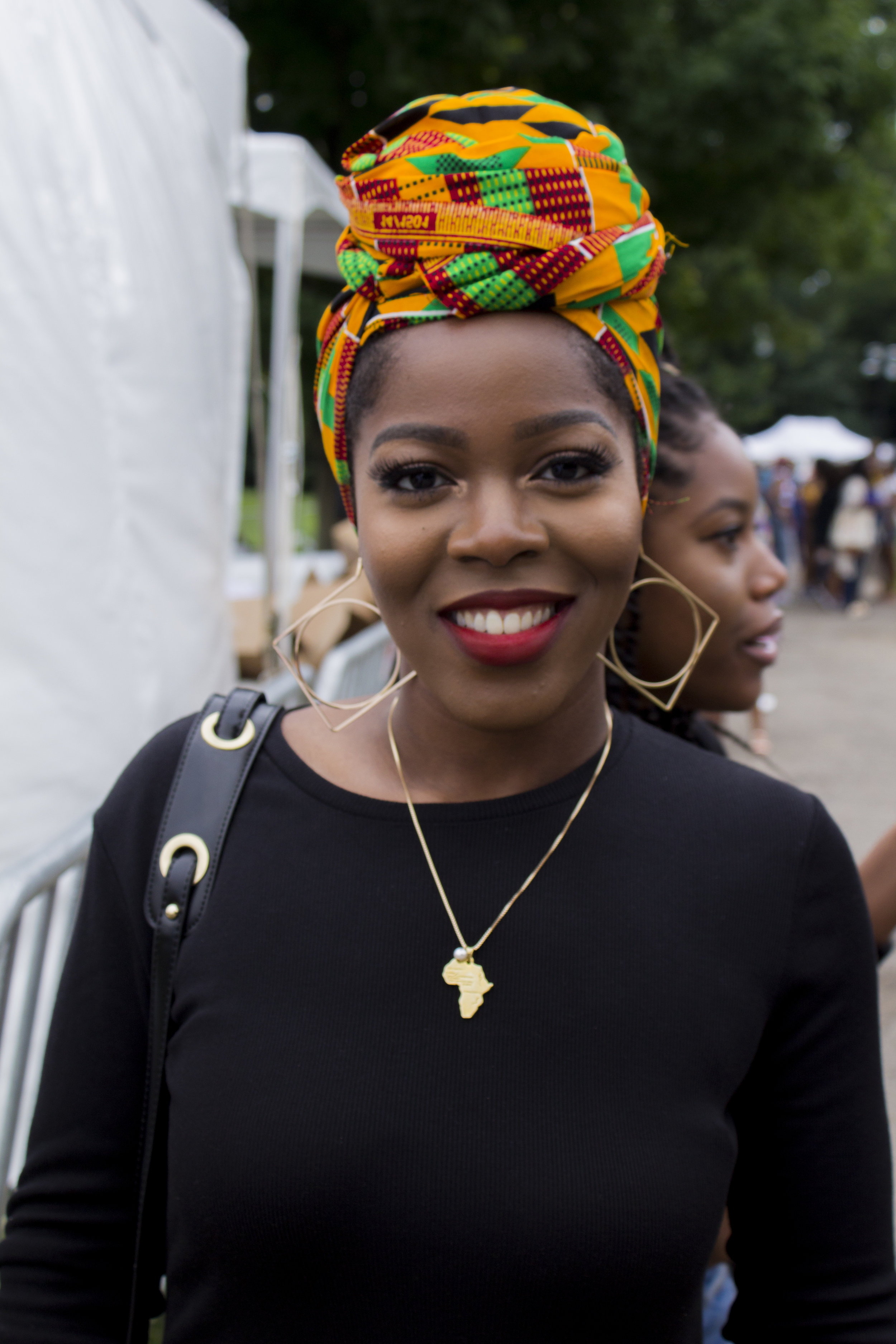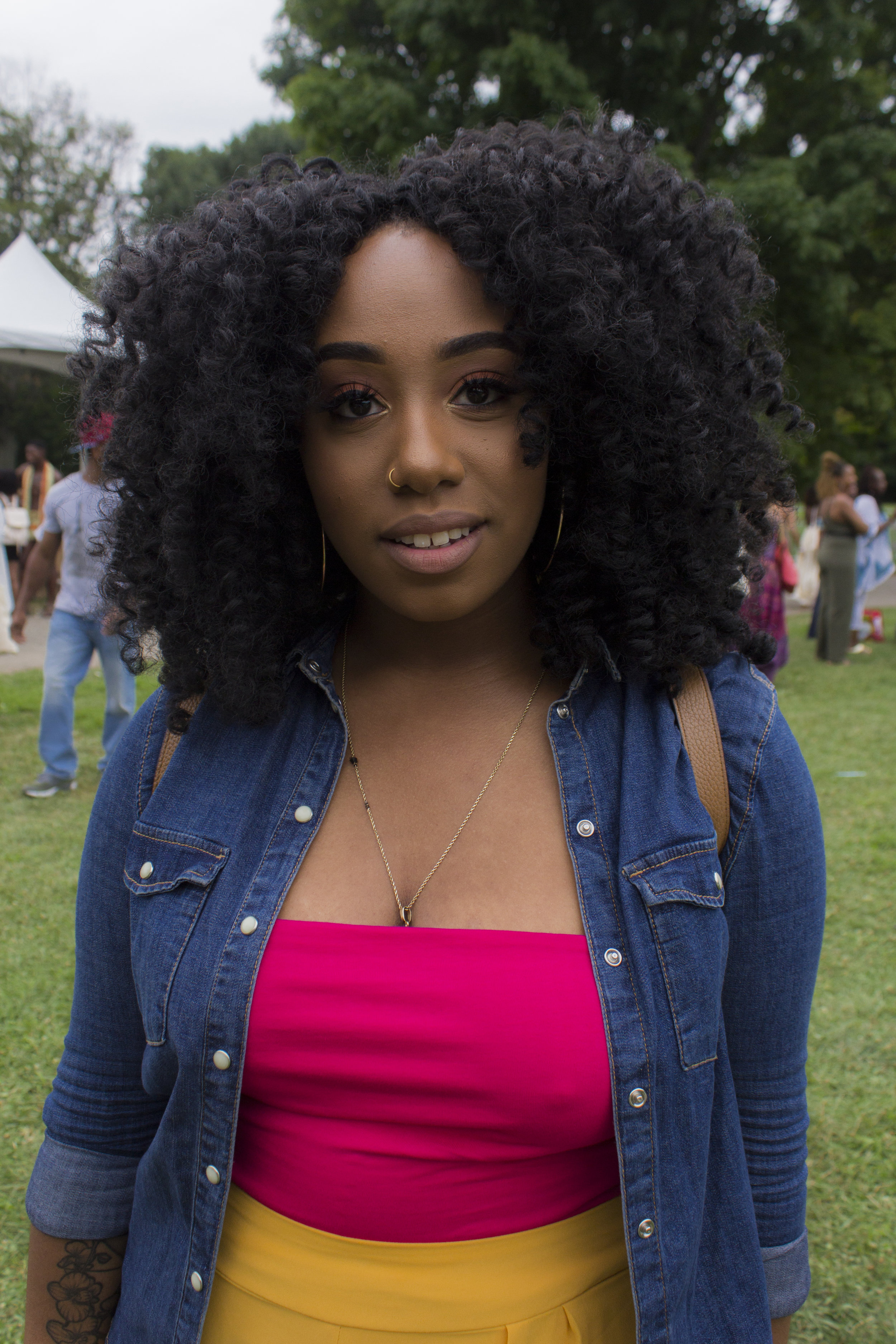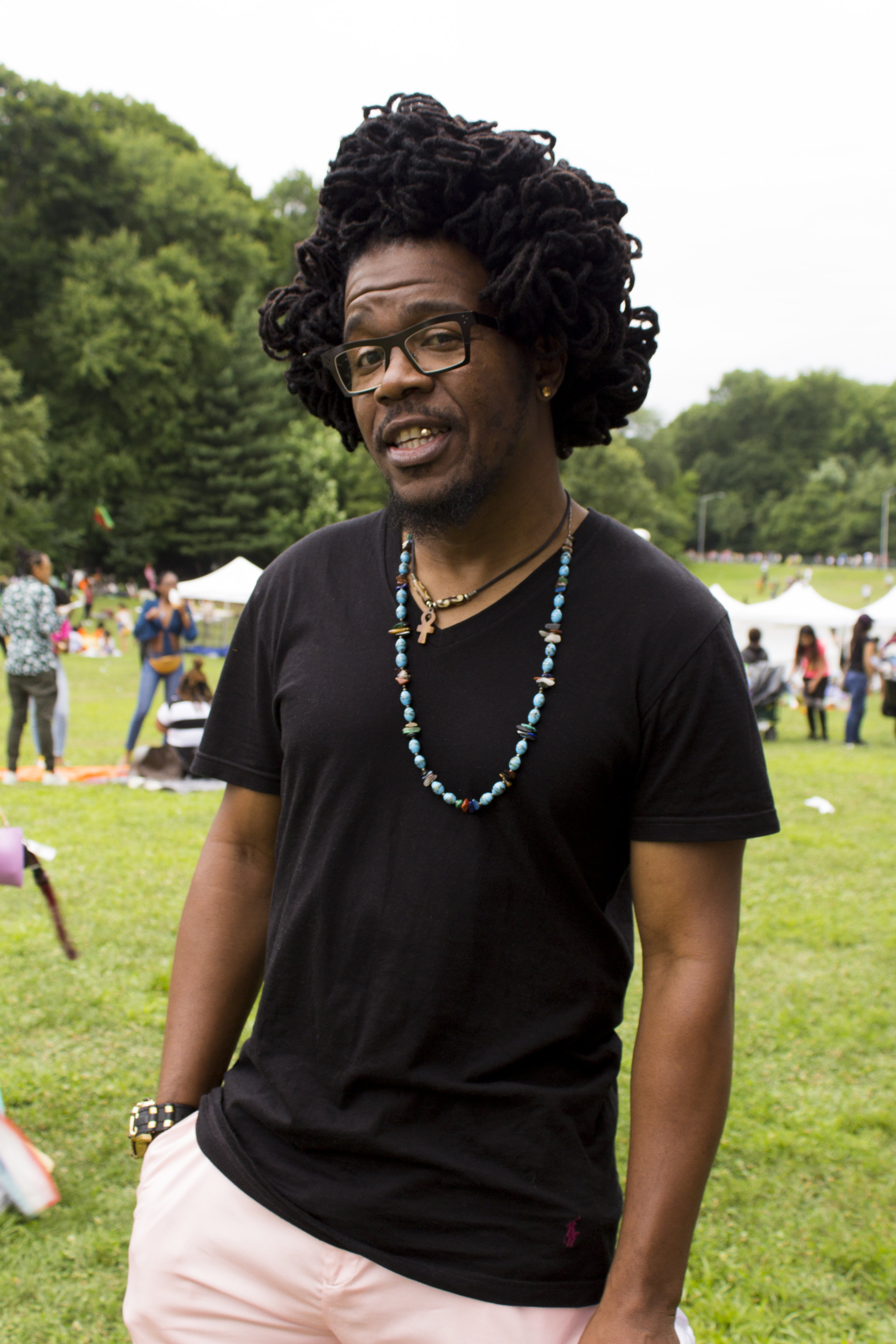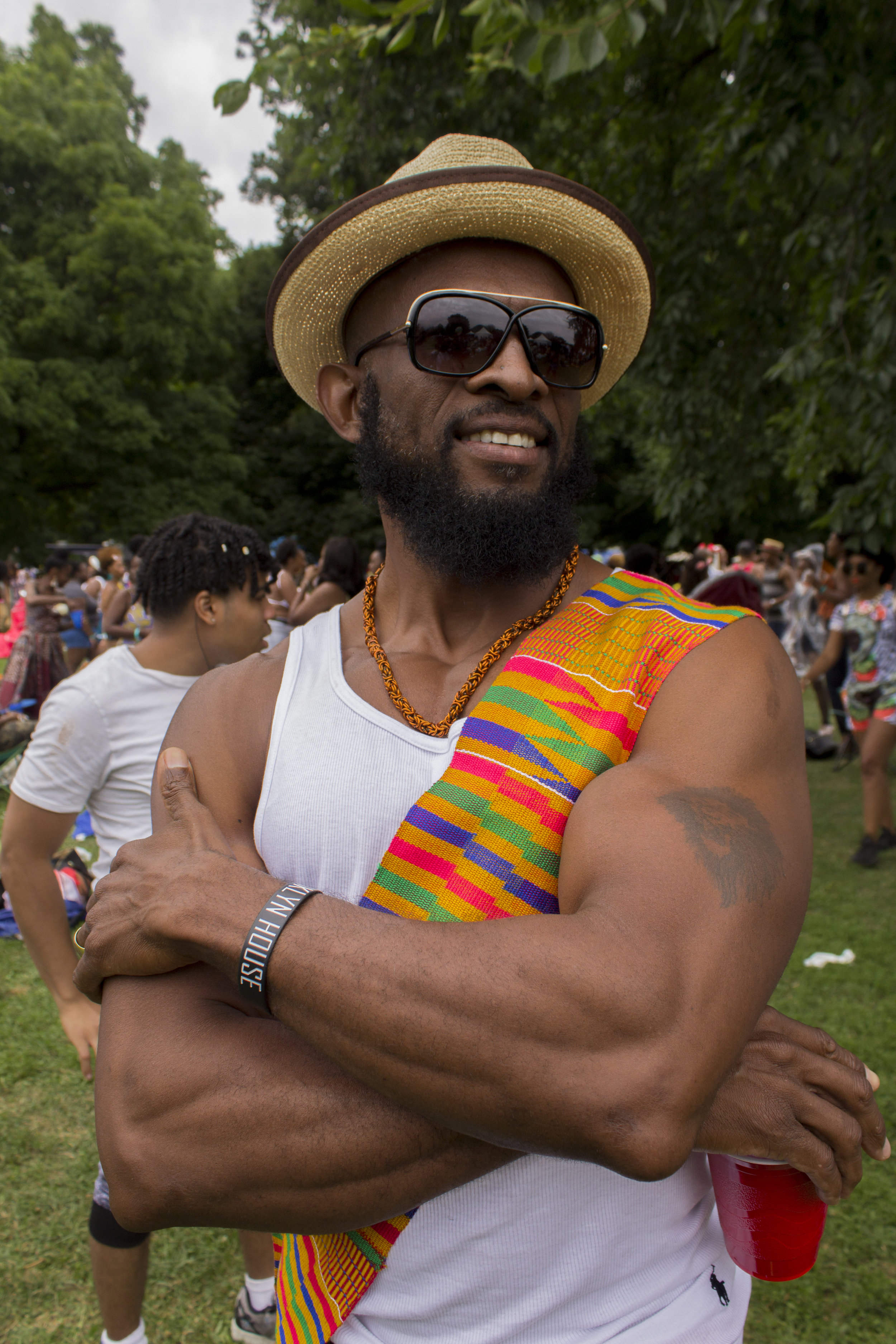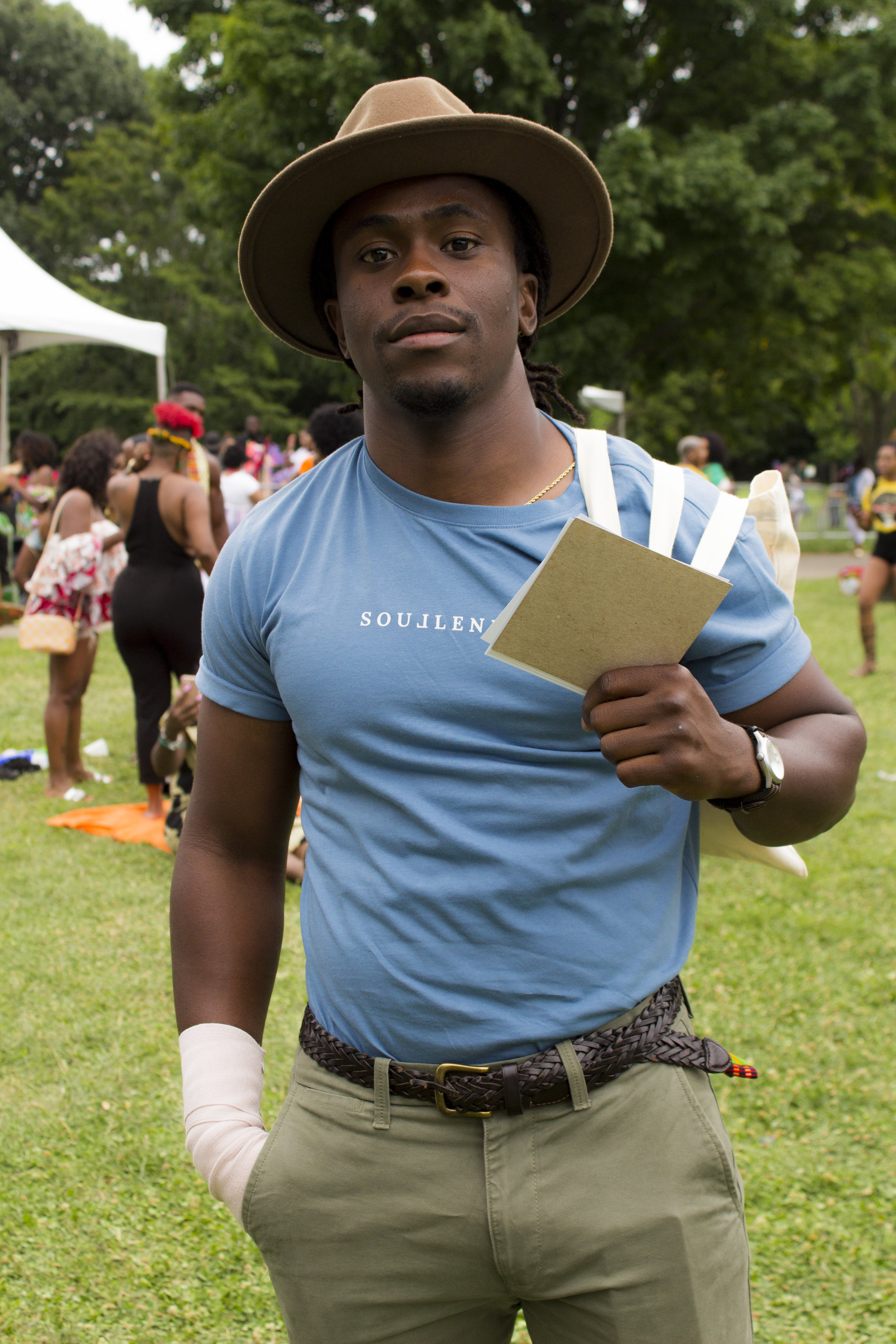The Black community has lost its superhero. Actor Chadwick Boseman, most notable for his role as King T’Challa, leader of the fictional African country Wakanda in the movie “Black Panther,” passed away on the evening of Friday, Aug. 28, after a private four-year battle with colon cancer. He was 43.
“A true fighter, Chadwick persevered through it all, and brought you many of the films you have come to love so much,” a statement on his Instagram page read, revealing the tragic news.
Undeniably, the South Carolina native was nothing short of an amazing actor, but for many, he was indeed the Black superhero we needed. But unbeknownst to his fans, the actor was fighting one of the greatest battles in his life off-screen. In April 2020, Boseman left his fans worried after he attempted to talk about Operation 42 donation project, a campaign designed to donate personal protective equipment to hospitals serving African-American communities — which had been hit hard by the coronavirus pandemic. The actor appeared much slimmer than usual in the video, which had many worried about his health and, unfortunately, many poking fun as well, not knowing the grave health complications he was facing. The comments were so bad the actor was forced to take down the video.
Yet, despite setbacks, he continued to push through because, in a way, Boseman, like most superheroes, had something that many did not. The “21 Bridges” star not only had a purpose, but he knew his goal and seemingly never took on a job without intentions of fulfilling that purposefulness.
The 2000 Howard University graduate took on roles that spoke volumes to a community thirsty for representation. Whether it was in his first major film, the 2013 Jackie Robinson biopic “42,” or as a war veteran in Spike Lee’s 2020 film “Da 5 Bloods,” Boseman delivered breathtaking performances on the screen while simultaneously undergoing intensive surgeries and rounds of chemotherapy. The actor’s cancer diagnosis came in 2016, but he still chose to take on demanding roles as the disease progressed. Boseman appeared in “Avengers: Infinity War” and “Avengers: Endgame,” respectively. The star appeared in at least five movies since his diagnosis.
Boseman knew the work needed to be done. He knew that to his community, these films were more than just a cool flick to see with a group of friends. He knew that movies like “BP” would impact the Black community in ways art had never done before. His drive showed furthermore when he fought producers to include African languages in “Black Panther.” The actor was quoted as saying, “This is such an important factor that if we lose this right now, what else are we gonna throw away for the sake of making people feel comfortable?'” In turn, it proved to be more than successful. “Black Panther” broke records, not only grossing over $1.3 billion worldwide but also becoming the first Marvel film to score a Best Picture nomination at the Academy Awards. “Black Panther” moviegoers came to theaters in droves clothed in Afrocentric outfits to pay homage to the costumes designed by Ruth E. Carter, who won an Oscar for costume design on the film at the 91st Academy Awards.
The movie brought so much pride to Black people that fundraisers were held, and theaters were bought out so that Black children from disadvantaged neighborhoods could see the film. Think pieces were written, and the conversation about the importance of STEM (science, technology, engineering, and mathematics) in the Black community, which was also a centralized topic in the film, grew.
Yet, our superhero remained humble as he once thanked legendary actor Denzel Washington for inadvertently playing a considerable role in his career. Washington was one of the benefactors who gave money to a scholarship program that enabled students at Howard University to study acting in England.
Upon hearing of his passing, the “Training Day” star released a statement sending his condolences. “He was a gentle soul and a brilliant artist, who will stay with us for eternity through his iconic performances over his short yet illustrious career,” Washington expressed. “God bless Chadwick Boseman.” Washington is a producer on what will be Boseman’s final film, “Ma Rainey’s Black Bottom,” an adaptation on the 1982 August Wilson play about “The mother of Blues,” Gertrude Pridgett.
Other celebrities and public figures reacted to Boseman’s tragic passing, including his “Black Panther” costar Angela Bassett. The actress, who played Boseman’s mother in the film, shared a series of photos of the two in and out of character on her Instagram.
Sen. Kamala Harris, who also attended Howard, said she was heartbroken over Boseman’s death. “My friend and fellow Bison Chadwick Boseman was brilliant, kind, learned, and humble,” she tweeted. “He left too early but his life made a difference. Sending my sincere condolences to his family.” Boseman’s last post on his Instagram account before his passing was a photo of himself and Sen. Harris.
Without a doubt, although short, Boseman’s career fulfilled his purpose. He was a hero to us all. He came at a time when the Black community needed to be seen and heard in rooms where we were once voiceless, and he made sure that we were heard louder than ever before. In that same spirit, he left us on a day that is fundamentally meaningful to the Black community. Friday, Aug. 28, marked Jackie Robinson Day, which celebrates the man Boseman portrayed in “42” who broke color barriers in Major League Baseball. It was also the anniversary of the historic 1963 March on Washington for civil rights.
Boseman died at his home in the Los Angeles area with his wife and family by his side. Though he may be gone, he will live on eternally. To our superhero, Wakanda forever.
*Also published at Atlanta Black Star.
